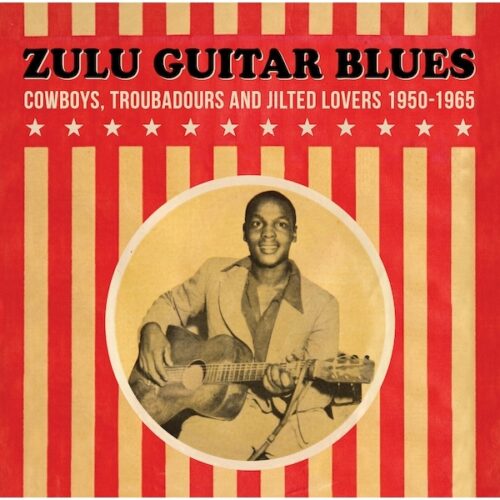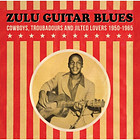The cruelty, brutality and inhumanity of colonialism should be widely recognized by now. The almost schizoid cultural distortions and developments it led to are impressively illustrated by Zulu Guitar Blues. People stolen from their homelands and forced to work in the New World continued the cultural heritage of their respective communities on cotton plantations – gospel and blues evolved from call-and-response songs. This blues was later re-imported into occupied South Africa with its apartheid regime. There, too, it became a form of expression for the marginalized and oppressed, who quickly destroyed many master tapes of their recordings for fear of reprisals.
This compilation was created from preserved shellac singles and stands out from the multitude of current African music reissues. There are no show bands, no large ensembles, no euphoric brass sections or choirs – just voice and acoustic guitar. It’s like Blind Willie McTell lamenting his suffering in isiZulu . The outlaw image, which is also widespread in imported Country music, fit many of the musicians gathered here like a glove. The detailed liner notes, which are well worth reading, tell the story of how they translated US frontierism and the manifest destiny thinking of the white settlers into their own language – refracted through nostalgia and melancholy.


